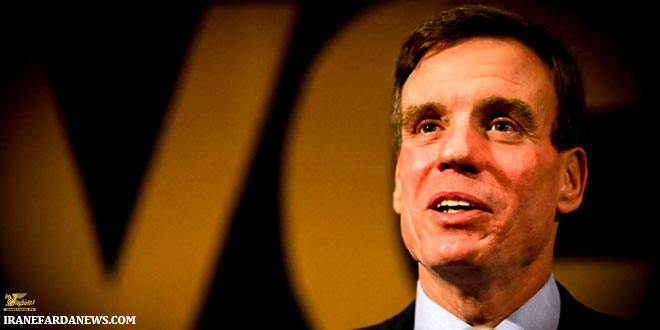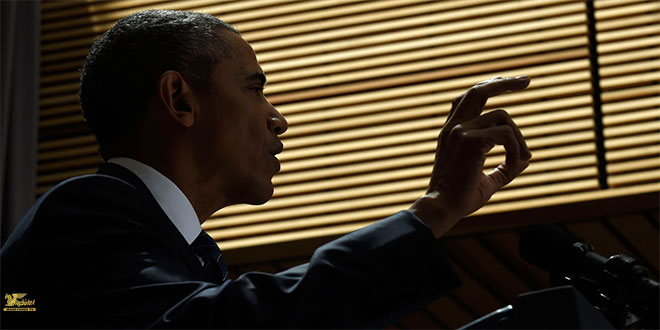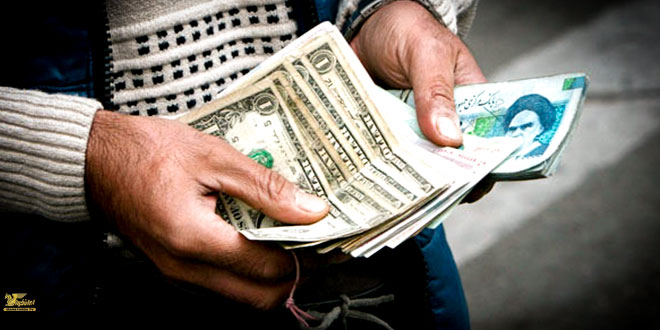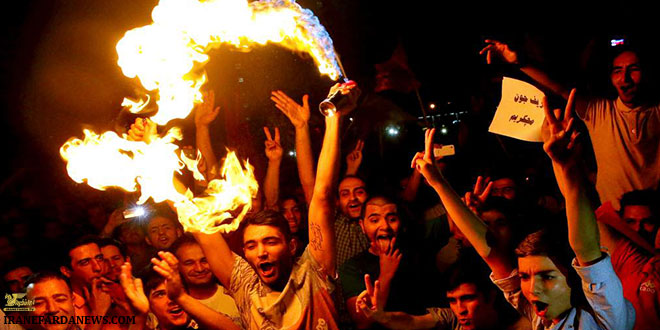In an exclusive interview with Foreign Policy, a top Iranian official says that Khomeini personally stopped him from building Iran’s WMD program.
By Gareth Porter

The nuclear negotiations between six world powers and Iran, which are now nearing their November deadline, remain deadlocked over U.S. demands that Iran dismantle the bulk of its capacity to enrich uranium. The demand is based on the suspicion that Iran has worked secretly to develop nuclear weapons in the past and can’t be trusted not to do so again.
Iran argues that it has rejected nuclear weapons as incompatible with Islam and cites a fatwa of Supreme Leader Ali Khamenei as proof. American and European officials remain skeptical, however, that the issue is really governed by Shiite Islamic principles. They have relied instead on murky intelligence that has never been confirmed about an alleged covert Iranian nuclear weapons program.
But the key to understanding Iran’s policy toward nuclear weapons lies in a historical episode during its eight-year war with Iraq. The story, told in full for the first time here, explains why Iran never retaliated against Iraq’s chemical weapons attacks on Iranian troops and civilians, which killed 20,000 Iranians and severely injured 100,000 more. And it strongly suggests that the Iranian leadership’s aversion to developing chemical and nuclear weapons is deep-rooted and sincere.
A few Iranian sources have previously pointed to a fatwa by the Islamic Republic’s first supreme leader, Ayatollah Ruhollah Khomeini, prohibiting chemical weapons as the explanation for why Iran did not deploy these weapons during the war with Iraq. But no details have ever been made public on when and how Khomeini issued such a fatwa, so it has been ignored for decades.
Read More »

 khalijefars News, Blogs, Art and Community
khalijefars News, Blogs, Art and Community








